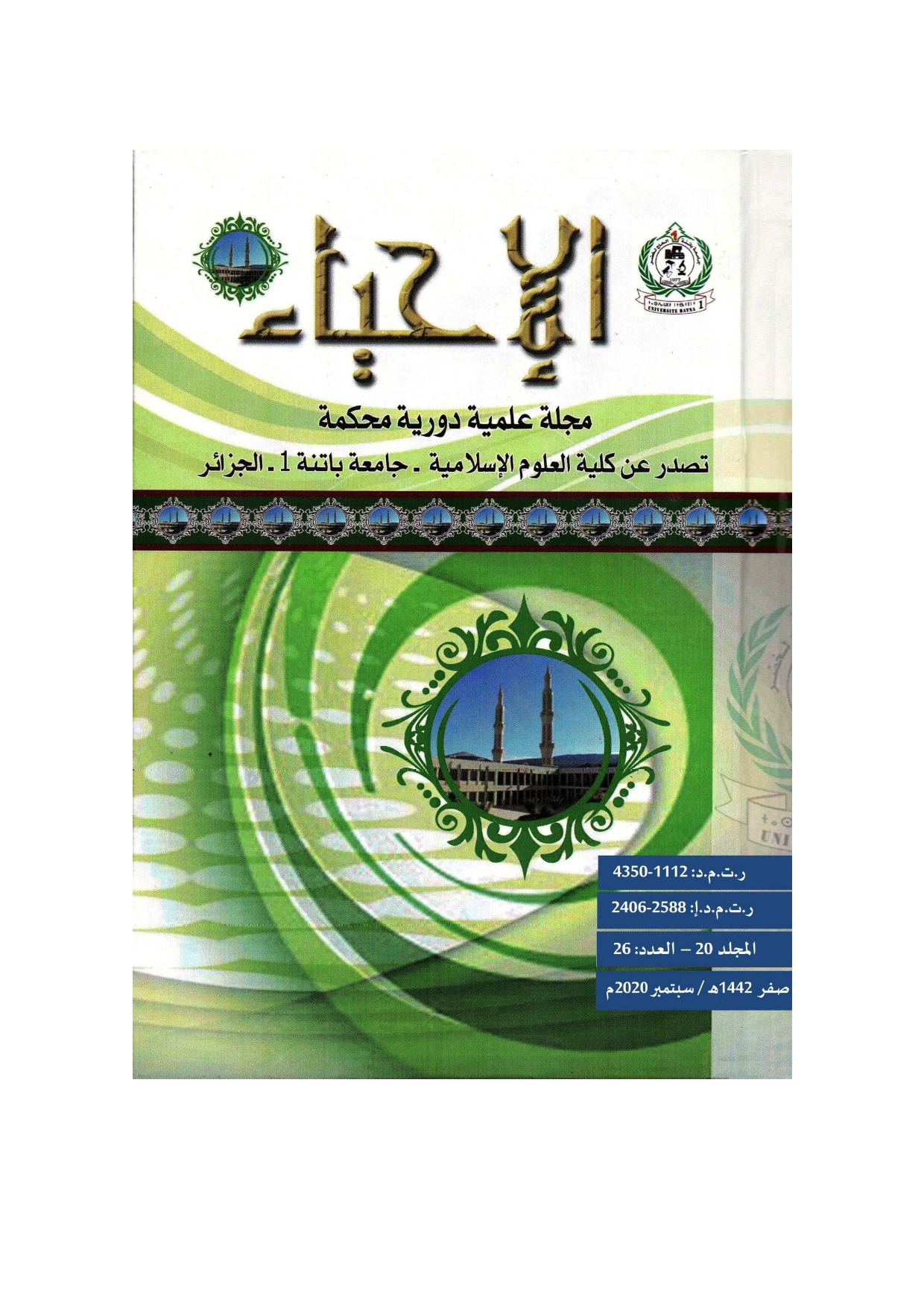Orientations in Literature Teaching: Content Digitalization, Homophily, and Statements’ Analysis
DOI:
https://doi.org/10.59791/ihy.v20i3.4689الكلمات المفتاحية:
تدريس الأدب، الهوموفيليا، الإنجليزية كلغة أجنبية، رقمنة المحتوى، تحليل البياناتالملخص
إن تدريس الأدب لطلاب الإنجليزية كلغة أجنبية مشكلة معقدة. فبالإضافة إلى صعوبات التدريس المختلفة، يتعين على الأساتذة تفسير التراجع الملحوظ على الصعيد العالمي في مجال القراءة. هذا الوضع سائد في جميع أنحاء العالم، والجزائر ليست بمنأى عن هذه الظاهرة. وقد أظهرت مراجعة مناهج تدريس الأدب الإنجليزي في الجزائر تركيزا على الأساليب الشكلية التي – رغم أصالتها - تعوزها المعالجة المتعمقة للقضايا المطروحة. ومن أجل تعزيز تعليم الأدب الإنجليزي ومهارة القراءة قمنا في هذه الدراسة بوضع مجموعة من الافتراضات النظرية القائمة على نظرية استجابة القارئ والهوموفيليا والدروس الرقمية. وقد افترضنا أن الطلاب الذين لا يقرؤون والذين لا يقرؤون إلا نادرًا سيتحسنون في هذا المجال إذا تم دمجهم في وسط الطلبة الذين يقرؤون بصفة منتظمة. وقد تم الإعداد على هذا الأساس النظري لدراسة حالة عبر دورة تجريبية تتكون من محاضرات ودروس لتلبية احتياجات الطلبة والتركيز على انشغالاتهم في مجال القراءة. وقد أعقب الدورة اختبار تحليل البيانات الذي يهدف إلى اختبار الفرضية المطروحة. وقد أظهرت الدراسة أن تأثير الهوموفيليا لم يكن حاسما كما تم توقعه إذ لم يؤثر القراء العاديون بشكل كبير على سلوكيات غير القراء. رغم ذلك، يجدر بالذكر أن مشاركة الطلبة عبر الانترنت كانت مشجعة.
التنزيلات
منشور
كيفية الاقتباس
إصدار
القسم
الرخصة

هذا العمل مرخص بموجب Creative Commons Attribution-NonCommercial-NoDerivatives 4.0 International License.






